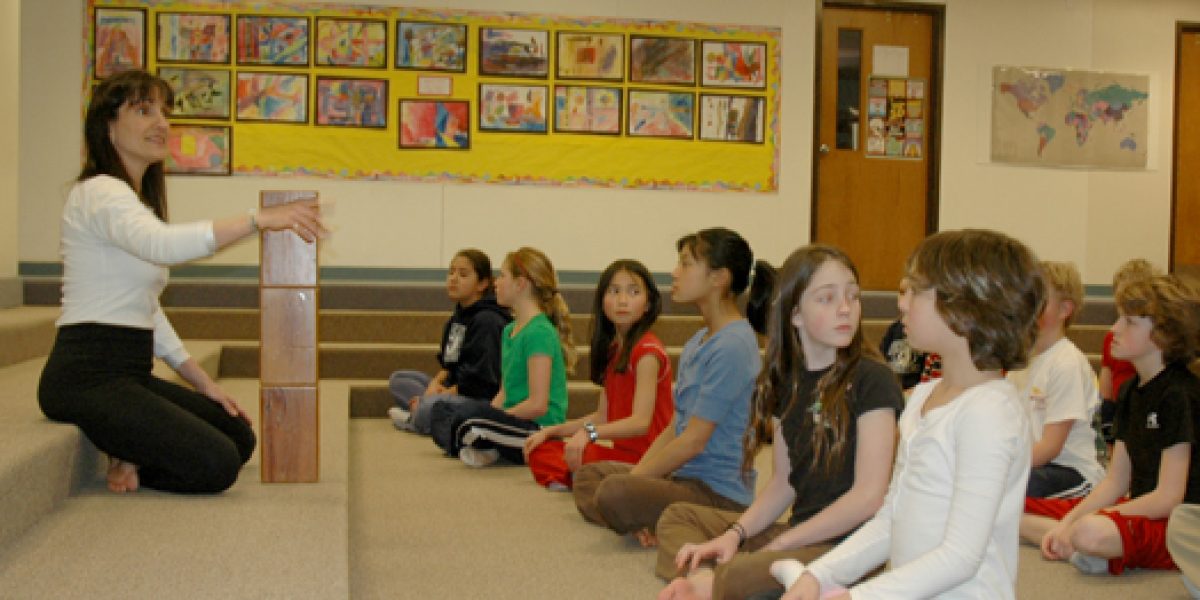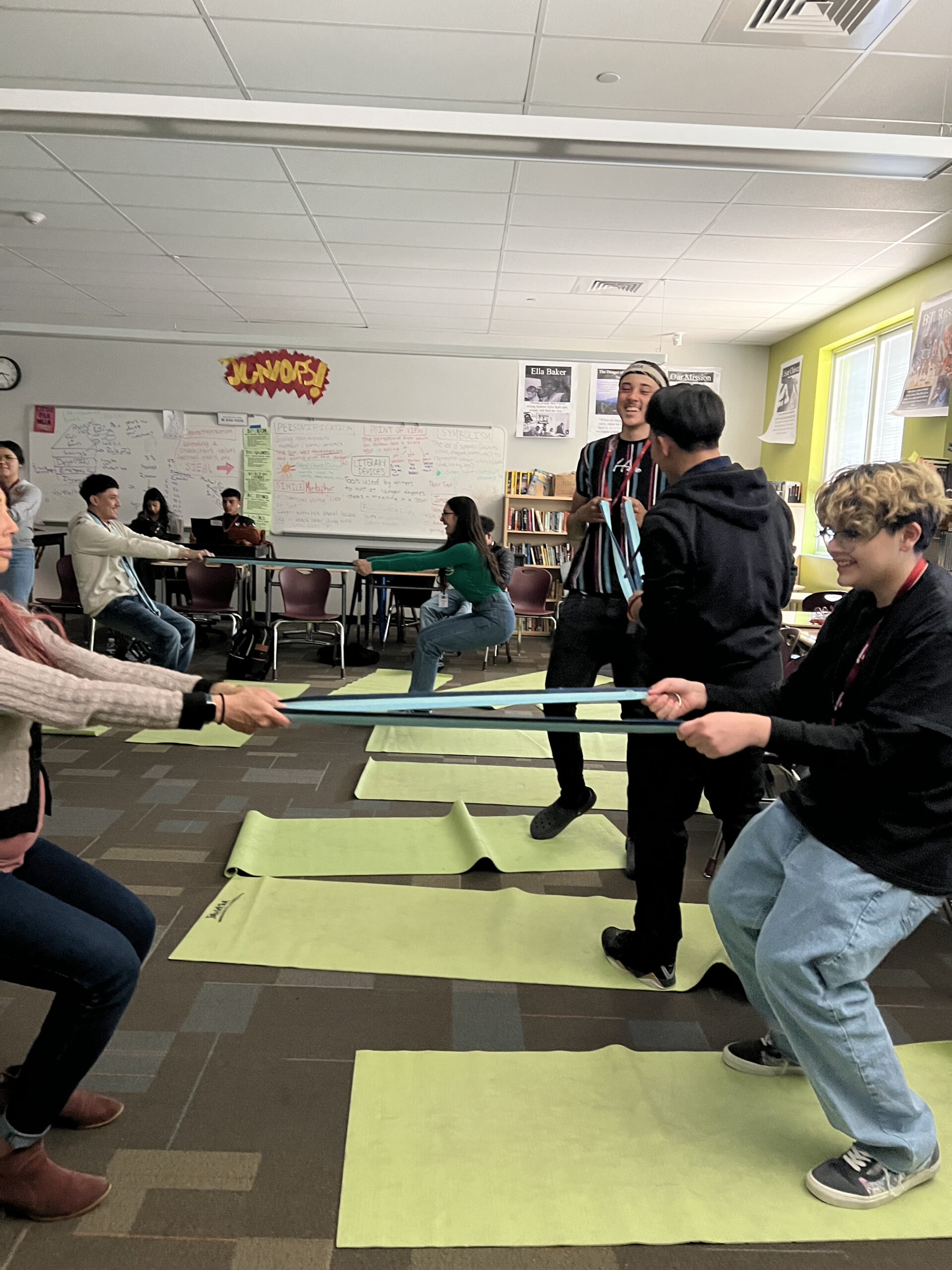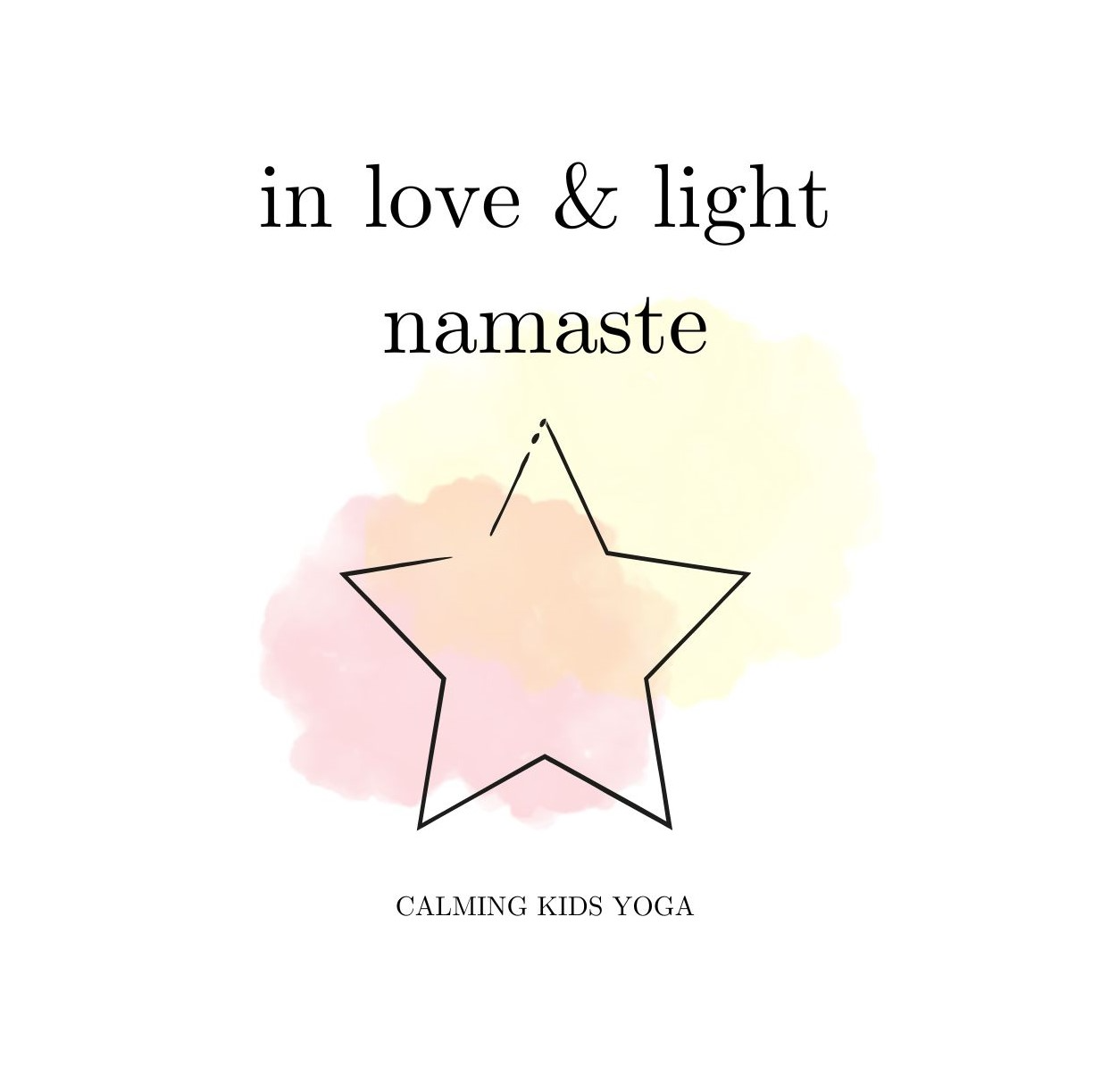Bullying is much more common than most people realize: around a quarter of children are bullied at school, and around a third of adults experience bullying in the workplace. Bullying has an incredibly strong impact on children in particular, because it’s happening at a time when they’re particularly vulnerable to the psychological problems it can cause. For kids who are being bullied, or who are vulnerable in other ways, practicing yoga regularly can provide some important benefits.
Exercise in general improves mental and physical health, not only because of improved fitness, but also because regular physical activity helps strengthen the body-mind connection and helps people feel good about their bodies. The emphasis that yoga places on strength, flexibility, and coordination is especially beneficial for improving body image, self-confidence, and self-esteem, which are all things that most children and teens struggle with, and are things that bullied children are even more in need of.
Yoga is also an excellent stress-buster; while many people believe that children don’t get severely stressed the way adults can, unfortunately nothing could be further from the truth. Children are more than capable of suffering from high levels of stress; it’s just that their stress results from different causes. And when people of all ages are bullied, they suffer from a wide range of physical problems as well as psychological ones: high stress levels, which contributed to headaches, stomach aches and digestive problems, muscle pain, anxiety, impaired immune function, and weight loss or gain.
How Can Yoga Help Vulnerable Kids?
Exercise is important for both mental and physical health, and regular exercise can also be an important part of building healthy self-esteem as well as a healthy lifestyle. All kinds of exercise can provide these benefits, even if they don’t have a cardiovascular component, but when it comes to yoga, regular practice is of special benefit to the mind, body, and spirit.
One of the most important benefits of yoga is that it’s a non-competitive type of exercise, which means it’s great for encouraging children and teens to practice yoga not to win, but just because it feels good to do it. When you practice yoga there’s no winning or losing, and no measuring yourself against other people; there’s just the satisfaction of getting stronger, of achieving new poses, of relieving stress and stretching muscles.
The opportunity to take part in activities that don’t focus on winning or losing is hugely important for kids; for children who are being bullied, it’s even more so, because of the severe psychological effects that bullying can have. Poor self-esteem, low confidence, poor body image, anxiety, fearfulness, depression, and social isolation can also result from bullying; the unique qualities of yoga can help mitigate those effects and give bullied kids a chance to relieve stress and improve the way they feel about themselves.
There’s an increasingly large body of scientific evidence showing that yoga can help improve symptoms of depression, anxiety, and other psychological disorders. It’s so beneficial that many therapists recommend yoga to their patients; some even undergo therapeutic yoga training and directly incorporate the exercise into therapy sessions. The deep state of relaxation that practicing yoga induces is a type of relaxation that you can’t achieve through normal activities like socializing or spending quiet time alone, and helps promote benefits like reduced stress and tension, better mental clarity, better quality of sleep.
When kids practice yoga regularly, they also develop an improved ability to handle stressful situations; that means kids who are vulnerable to bullying are better able to cope with it when it happens, and may be less susceptible to the psychological trauma that bullying can cause.
Yet another benefit of regular yoga practice is that it provides relief from thinking about those stressful situations. When practicing yoga it’s necessary to concentrate not on thinking, but on what your body is doing, about which muscles to contract, about maintaining breathing and balance. Yoga may not be an intense cardiovascular exercise but it is both physically and mentally demanding, requiring that the practitioner focus all their attention on their body. When a child is practicing yoga, they’re not worrying about bullying, about being stressed or anxious; they’re just focused on the pose and on their body. Each session gives the child a much-needed chance to relax, and over time, the accumulated benefits of stress reduction, physical strength, and mental resilience help them thrive.





